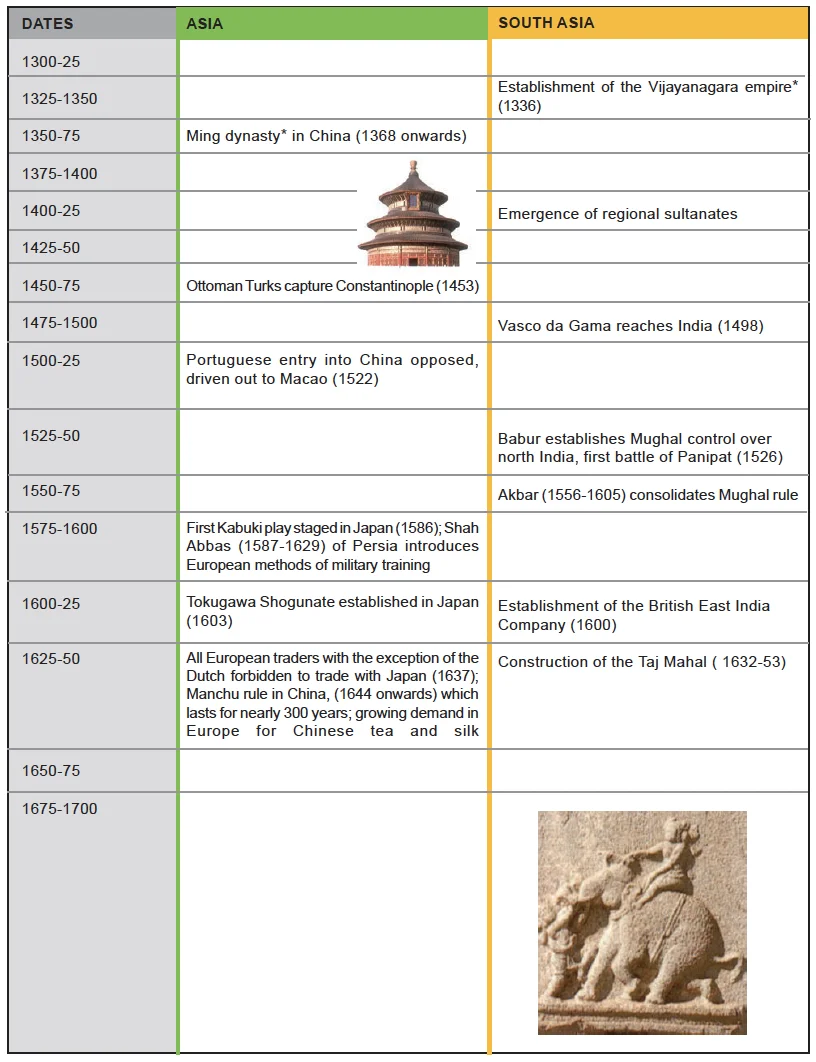![]() 5 Jul 2024
5 Jul 2024
Introduction
By the ninth century, Asia experienced the rise of vast empires, both nomadic and city-based, which differed from earlier empires in their larger territorial coverage, often spanning continents. These empires emerged suddenly but were the culmination of long-term changes in their core regions.
Transformation and Exploration: In the late Middle Ages and the Renaissance, Europe experienced a transformation in attitudes towards life and a thirst for exploration.
Transformations in European Agriculture: During this era, Europe witnessed significant changes in agriculture and the lives of its peasants, alongside various cultural developments.
| Must Read | |
| Current Affairs | Editorial Analysis |
| Upsc Notes | Upsc Blogs |
| NCERT Notes | Free Main Answer Writing |
Europe’s journey to modernity differed from Asia’s. While Asia boasted early empires, Europe’s gradual transformation involved scientific advancements, evolving governance, and overseas exploration. This era, marked by trade, cultural encounters, and warfare, ultimately laid the foundation for Europe’s rise as global dominant force.



| Related Articles | |
| VIJAYANAGARA EMPIRE | AGRICULTURE |
| POPULATION IN INDIA | EUROPEAN UNION (EU) |
<div class="new-fform">
</div>